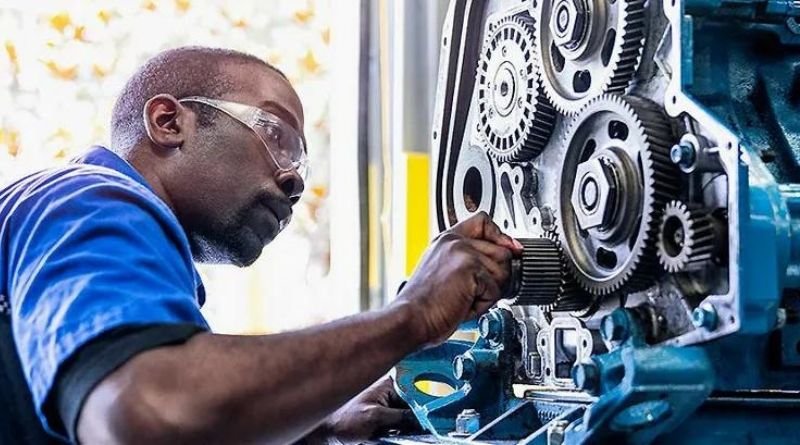10 Facts About Diesel Mechanics Jobs

If you’re considering a career as a diesel mechanic, it’s essential to understand the field. Here are ten facts about diesel mechanics jobs that can help you decide if this is the right choice.
The world runs on diesel. From heavy-duty farm equipment to big rigs to cargo ships, diesel engines make it all go.
High School Diploma or GED
A high school diploma or GED is one of the first qualifications employers look for in diesel mechanics. This shows that you can learn the skills necessary for the job.
A trade school program offers hands-on experience in real-life labs that mimic the environment you’ll encounter on the job. This also lets you focus on studying the subjects relevant to your field.
ASE certification
The ASE certification seal lets customers know you have the skills to fix their vehicle. It also helps you stand out in a competitive job market.
Look for a school that offers ASE certification tests and has high graduation and on-time completion rates. Also, ask to tour the facility to see the amount of equipment and real-world training you’ll receive.
CDL
Top diesel mechanics have strong communication skills and can explain complex technical concepts. This helps clients understand what the mechanics are doing and how the work will help them.
A CDL is essential for anyone working on large trucks or diesel-powered vehicles like trains and boats. These engines operate for long periods and require specialized maintenance.
Higher Education
In addition to receiving a higher pay rate, many Welch Careers diesel mechanics want to advance in their careers. Some may want to become team leaders, perform more specialized or complex work, or pass on their knowledge to the next generation of diesel mechanics.
Small diesel engines are used in household equipment and power sites such as data storage and backup centers. These are typically serviced at a repair shop rather than in the field.
On-the-Job Training
The career of diesel mechanics requires extensive on-the-job training. This includes learning skills through mentorship and working in a shop with experienced diesel mechanics.
A diesel mechanic’s day starts on the shop floor before the service center opens. They take stock of parts, bookmark any in-progress tasks, and prepare themselves and their tools for the day ahead. They also interpret work orders and consult with customers to determine necessary repairs.
Experience
Jobs for auto mechanics require experience in the industry. One can acquire this skill through either on-the-job training or by enrolling in a vocational school program.
Diesel engine technology is used in various industries, including transportation roles, construction jobs, marine applications, and power generation equipment. This makes this field a highly versatile one. It also provides ongoing technical training opportunities for advancement and promotions.
Teamwork
Diesel mechanics often work with other team members on large pieces of machinery, so they must have strong teamwork skills. They may also need to maintain detailed work records and interact with customers regularly.
Marine diesel mechanics work on vessels and trains transporting people and cargo across waterways. These systems use diesel engines that need to operate for long periods.
Communication Skills
Diesel mechanics must be able to communicate with customers and explain technical details about engines and other machines. They may also need to communicate with other team members when working on complex projects.
Strong communication skills can help diesel mechanics build professional relationships and stay up-to-date on industry trends. This is important for career advancement. It’s also essential for working safely on vehicles.
Problem-Solving Skills
Diesel mechanics with good problem-solving skills can quickly identify issues and find solutions. Being open to learning new things helps mechanics stay ahead in repairing and maintaining new vehicle technology.
Understanding how electrical systems work is essential for diesel mechanics to know. They often need to repair these systems in trucks and other vehicles.
Flexibility
Whether it’s maintaining large truck engines or working on other diesel-powered equipment, these mechanics need to be flexible. This can include road testing vehicles for quality assessment and maintaining detailed records.
Hiring a diesel mechanic includes a one-time recruiting fee and ongoing costs such as employee salary, training, insurance, and equipment. This can add up quickly.





